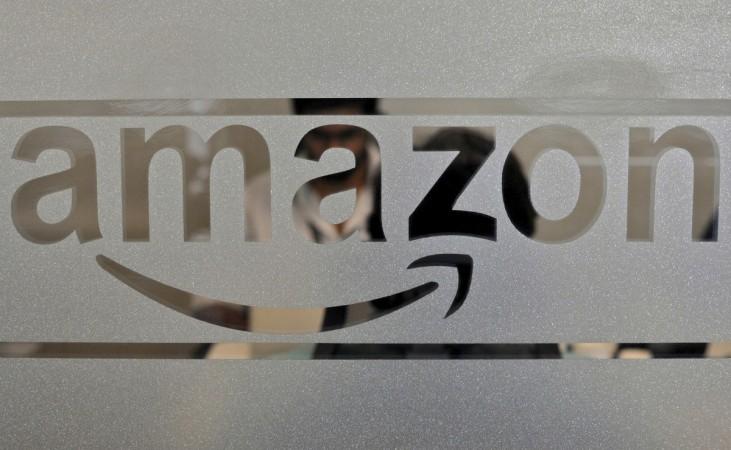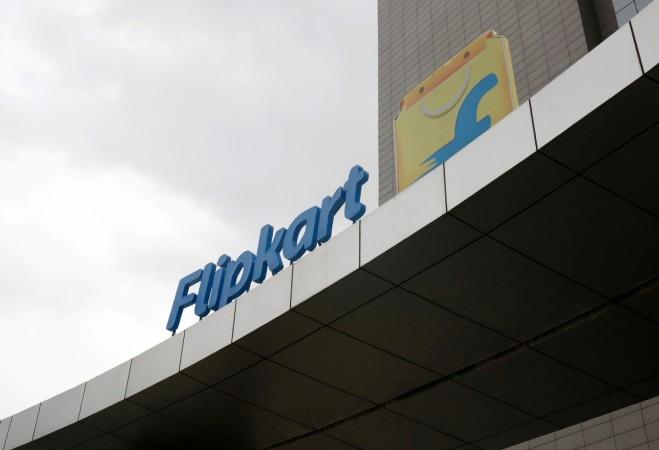
E-commerce giants like Flipkart and Amazon have appealed against an income tax order of last year which if implemented would force them to pay tax at a time they are engaged in cut-throat competition for market share in India.
The issue involves money spent by e-commerce companies on marketing through deep discounts, an Economic Times (ET) report said on Saturday.
So far, these discounts were clubbed by these companies under marketing costs, to which the income tax department had objected in a recent assessment order by pointing out that these costs constitute capital expenditure which may aid future revenues.
The income tax department said that by giving discounts the e-commerce companies are creating intangibles which can aid future revenues.
Reclassifying discounts
The department felt that such discount-related expenses can't be classified as marketing costs, and instead, should be reclassified as capital expenditure. Hence, these should not be deducted from revenues, ET reported, adding that this practice has been causing huge losses for e-commerce firms.
The companies had approached the Commissioner of Income Tax (Appeals), Bengaluru, last month after an assessment order of last year asked them to reclassify marketing expenditure as capital expenditure.
The assessment orders were passed last year and applied to all e-commerce companies, the report said.
If the tax department's methodology is followed, e-commerce companies could turn profitable and be liable for tax in India, ET said in its report. For, these customer discounts have been classified by e-commerce companies as marketing expenses and deducted from revenue, leading to huge losses on their balance-sheets.
Flipkart and Amazon's appeal was heard last month but the CIT (appeals) did not take an immediate decision.
Sanjay Sanghvi, partner (tax) at law firm Khaitan & Co, was quoted as telling ET that the quantum of business expenditure to be incurred is the prerogative of the business concerned to decide. "The Assessing Officer (of income tax) has no say in dictating terms of business to a taxpayer, as to how to run his business. There are enough judicial decisions supporting this proposition," Sanghvi was quoted as saying.

A new harassment route
The newspaper quoted experts as saying that the revenue department's stand could open a Pandora's Box for several startups and e-commerce companies as it dictates how entrepreneurs must conduct their businesses.
Amit Maheshwari, partner, Ashok Maheshwary & Associates, was quoted in the ET report as saying that if such tax demands are made, then several startups including e-commerce companies and FMCG companies who are in the B2C space will start facing the heat from the tax department and end up being embroiled in litigation.
"The taxpayers may have to argue that these expenses are incurred every year and are necessary to run the business and create demand for their services, and without such expenses these startups may just fold up," Amit Maheshwari, said in the ET report.
Online retail giant Amazon has secured approval to stock and sell food and groceries in India, potentially expanding its business in the fast-growing economy where it is in a pitched battle with home-grown rival Flipkart.
Reuters had reported last month that Amazon plans to invest $500 million in the food segment, over and above the $5 billion it has already committed to investing in India.
Deep customer discounting will play a major role in the company's strategy to tackle the under-penetrated online grocery market in India which is the traditional preserve of mom-and-pop stores.
Venture-funded Flipkart, whose backers include Tiger Global, Tencent Holdings and Microsoft, also plans to move into the groceries space.









